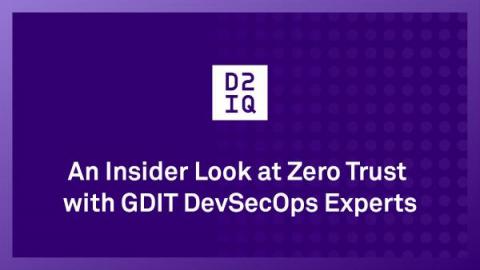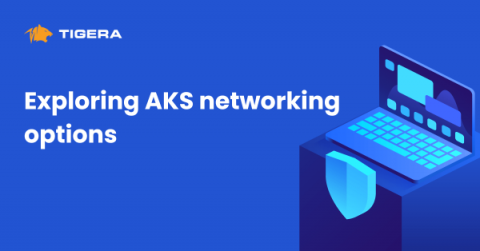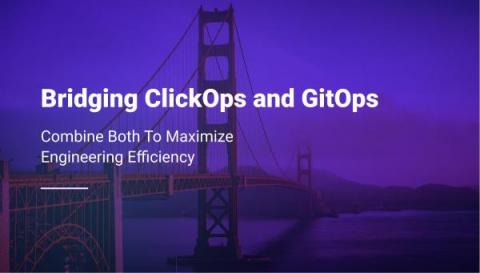Kubernetes Community Days Munich Recap
A couple of weeks ago I had the absolute joy of attending KCD Munich for the first time, with my friend and colleague Guy Menahem (whom some of you know simply as The Good Guy on Twitter and YouTube). Besides rooting for Guy and his co-speaker, Arsh Sharma of Okteto, during their session on Backstage.io and IDPs, I enjoyed being untethered from ‘booth duty’ and free to engage with all the beautiful human beings that gathered together for this Kubetastic event!











